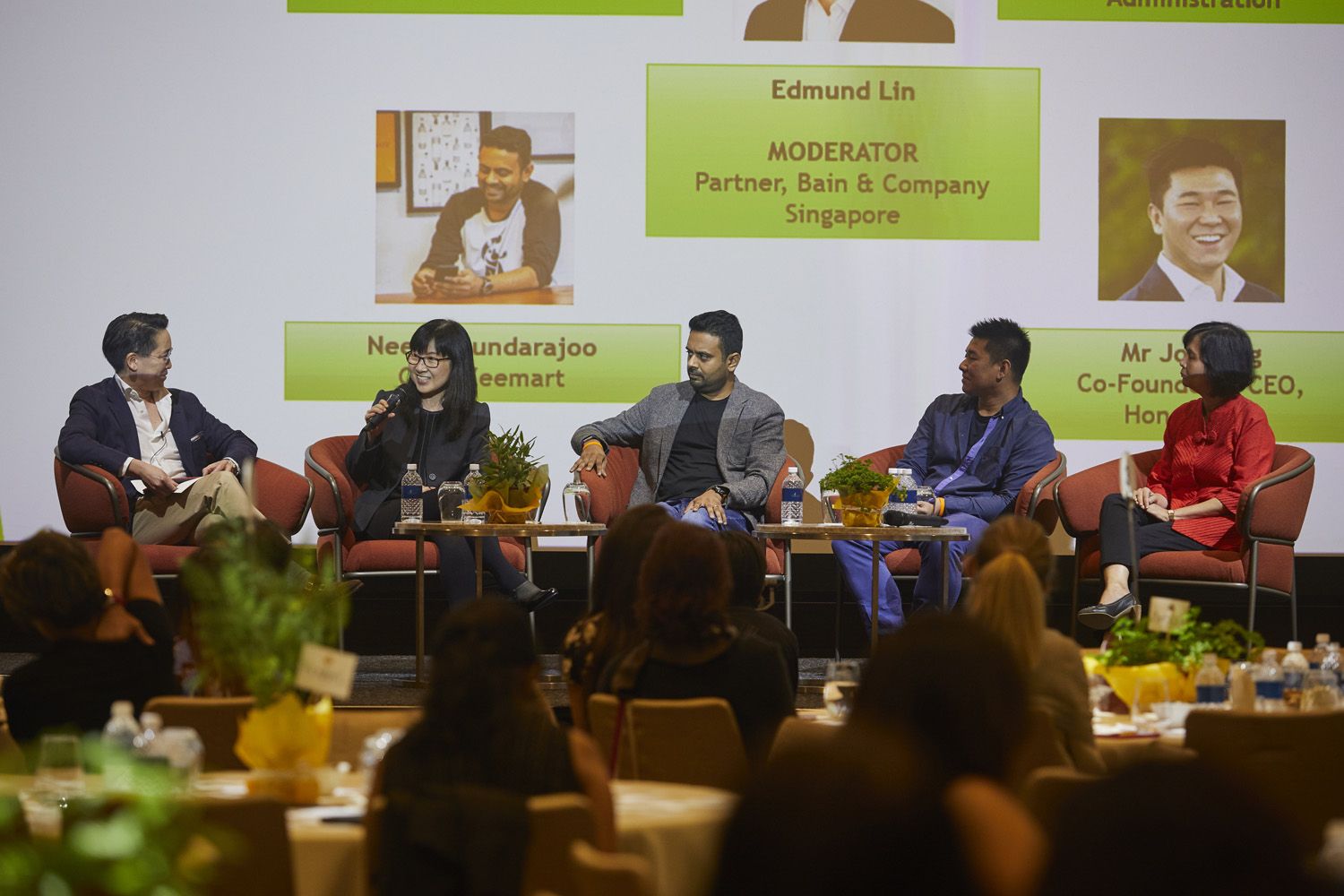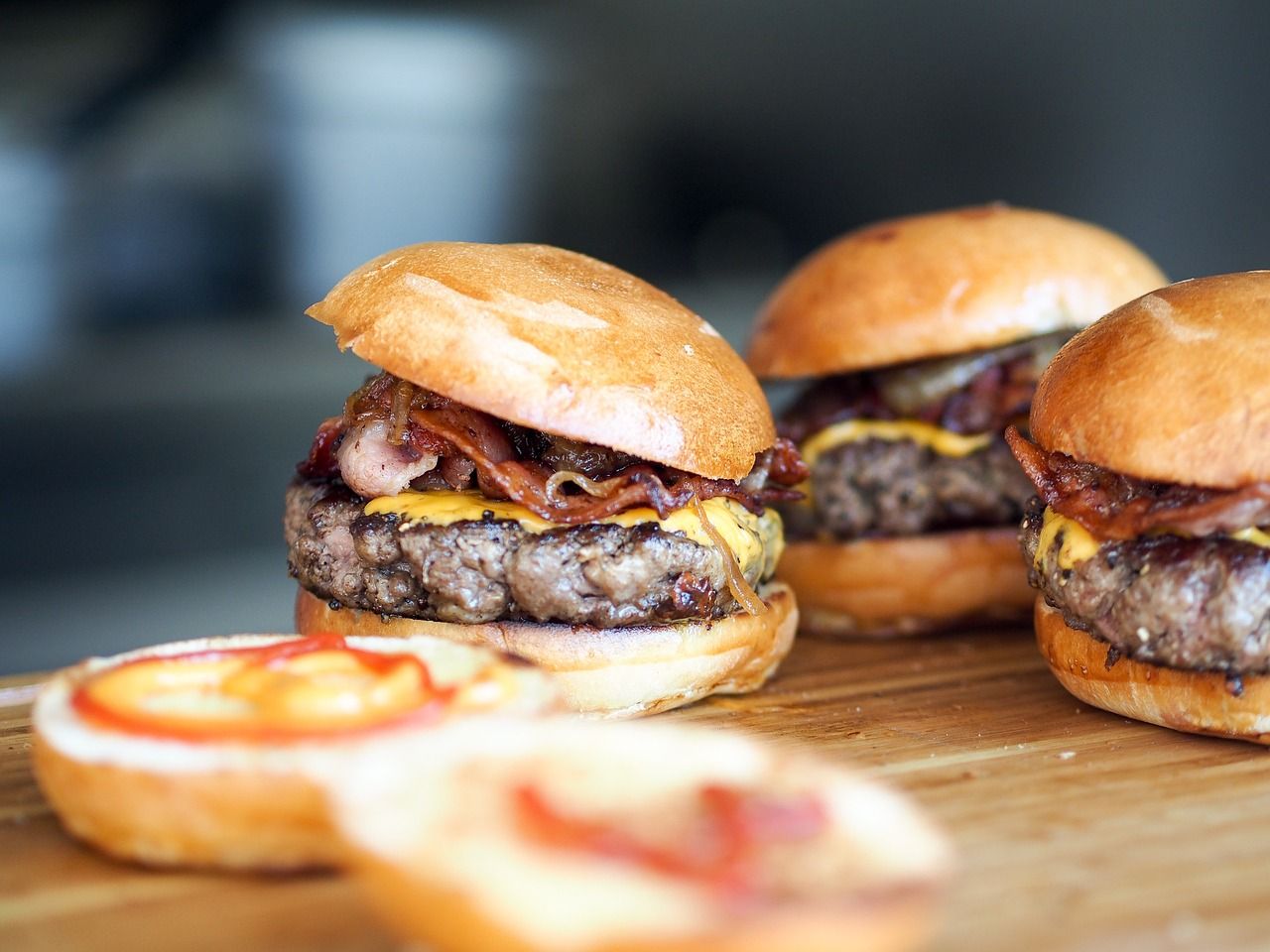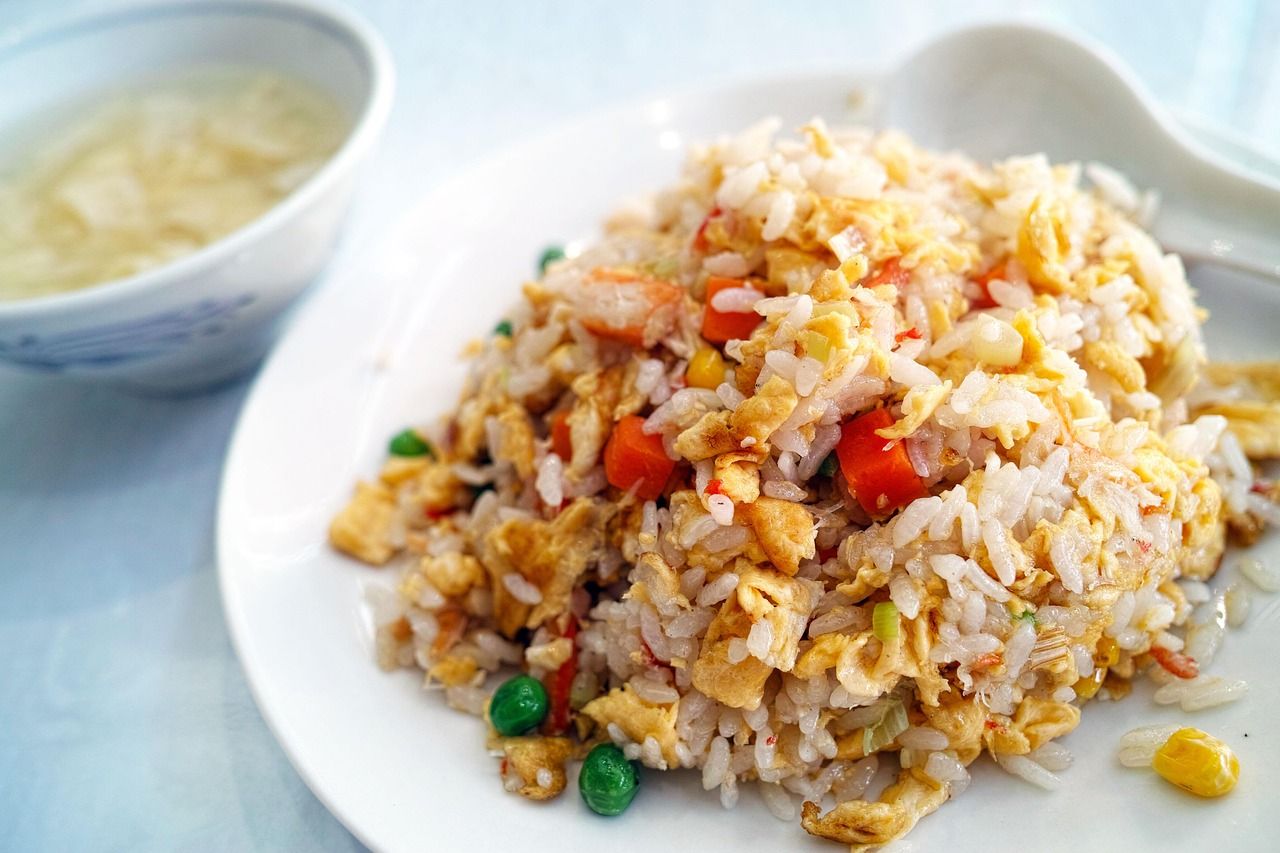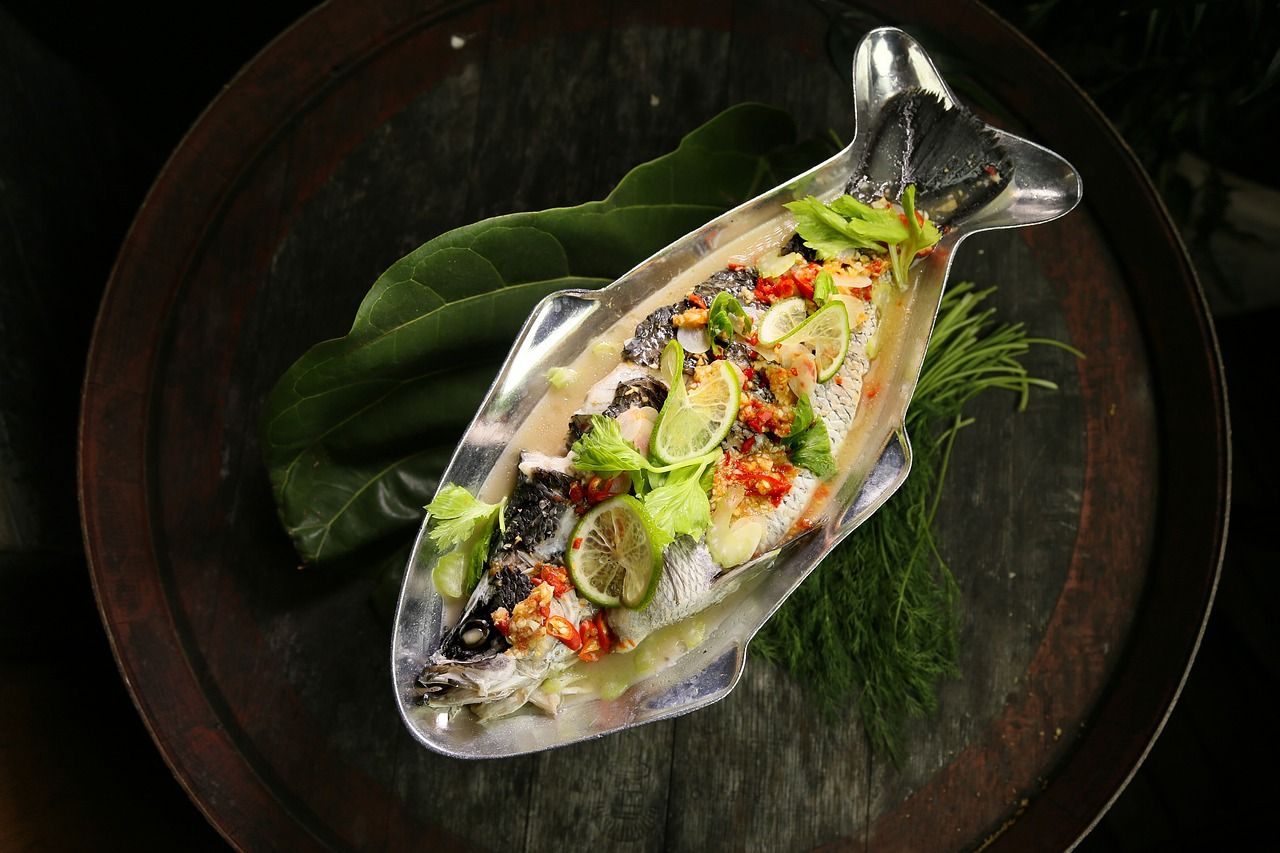The first World Food Future conference revealed details that might prod humanity into action
Food. It’s all I think about after I became a statistic. According to my medical results, I’m at risk of being part of the estimated 1,000,000 Singaporeans who will be diabetic by 2050, and maybe one out of the three Singaporeans who will drop dead from heart disease or stroke.
These days I can’t even order a smoothie without first confirming that the bananas used it in are slightly unripe so as to render the drink low-GI.
So when a conference came around that’s all about food—shaping the future of it, exploring sustainable production, reassessing our attitudes towards consumption—I lapped up the opportunity to participate in this new global conversation.
The founder of Yolo Food, Alexis Bauduin, calls this new food discourse “sexy”. While I haven’t yet felt the stirring of the loins when nibbling on my keto-cake, I can see how discussions about sustainability and nutritional value can be seductive.
After all, it feeds into the most basic necessity of life and also what is arguably the biggest luxury of it: Eating.

It’s this appeal that explains why almost 300 industry leaders, policy-makers and food experts convened at One Farrer Hotel for a one-day World Food Future conference that is to become the annual flagship event by social enterprise Halo Health Asia, the CEO of which is Trina Liang-Lin (pictured at the top), winner of the Singapore Tatler Philanthropy Award in 2018.
Many hot-button topics were discussed, from food security to food traceability. How can we protect ourselves against compromised foods, like Australian strawberries that had needles in them? If there were to be a global agricultural crisis, what is the risk to Singapore’s food supply? All great topics for dinner conversation but far too expansive to be explored in a short article.



